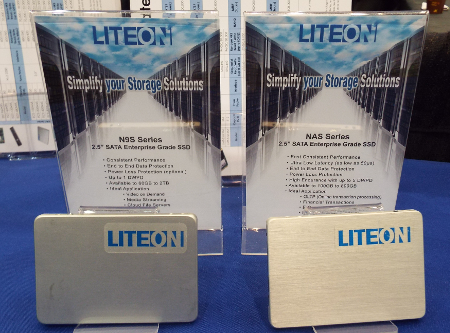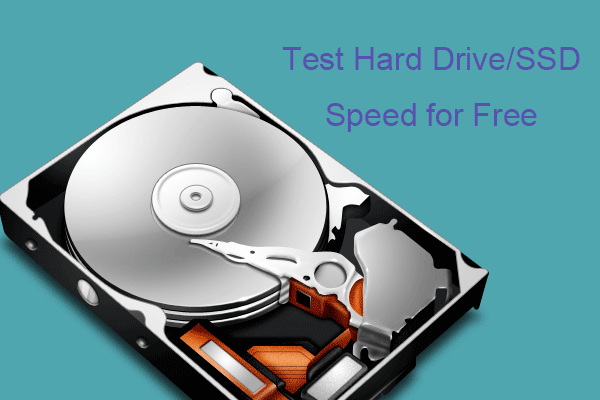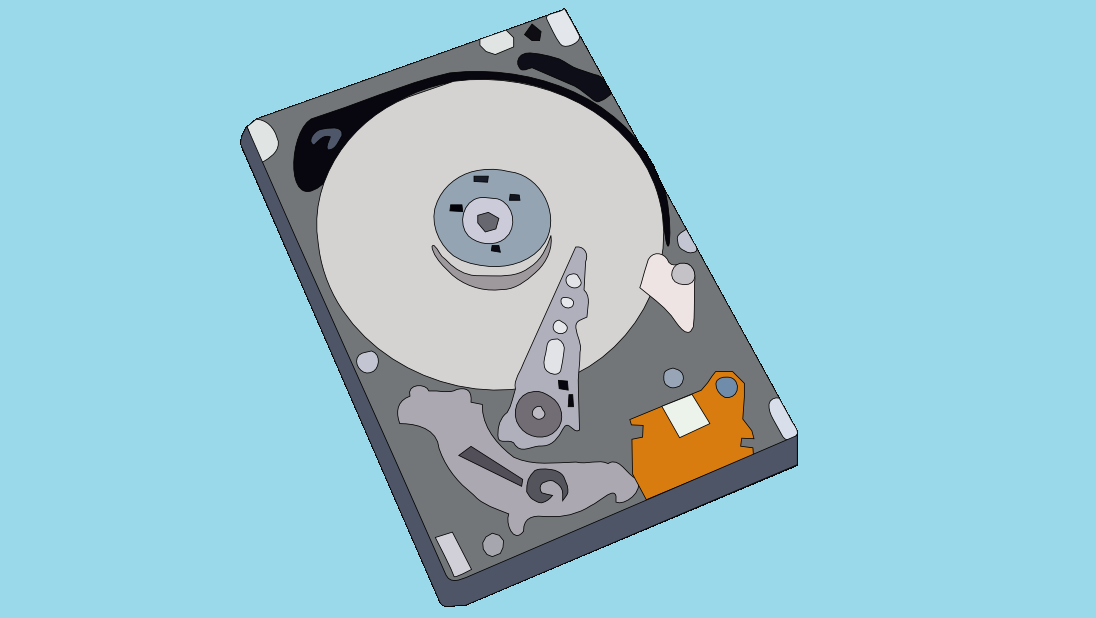

Because of this, you cannot be certain the number of times your SSD chips have been written to. tools aren’t always up to date with every SSD drive. Of course, how much mileage you get from the command will depend upon what make/model of SSD you employ. With this command, you can get a quick glimpse of your SSD health. Why? Most of the time, your Linux servers won’t include a GUI with the command line, you can easily make use it by secure shelling into your remote Linux server and run your tests from the terminal. Although a GUI solution exists (GNOME Disks), I highly recommend going with a command line tool for this task. How do you check the health of those drives? As with everything in Linux, there are options. The last thing you want to do is fall victim to that particular end of days. Why? Because, even though solid state drives will dramatically outlast rotating platter drives, they do have a finite lifespan. H - Check the device to report its SMART health status.If your data center makes use of Linux machines, one of the administrative tasks you’ll want to undertake is regularly checking the health of the SSD drives used on those machines. To test overall-health of the drive, type: sudo smartctl -d ata -H /dev/sdaĪta - the device type is ATA, use scsi for SCSI device type.

If not started, start smartd service: sudo systemctl start smartd Test health of SSD/HDD Smartd service will start automatically after the successful installation. RHEL and CentOS sudo yum install smartmontools Start the service using the following command. The Smartmontools is available by default in all Linux distributions including Ubuntu, RHEL and Centos and Fedora.

Smartctl utility tool comes with the package smartmontools. Smartctl is a command-line utility tool that can be used to check S.M.A.R.T-enabled HDD or SSD status in the Linux system.


 0 kommentar(er)
0 kommentar(er)
